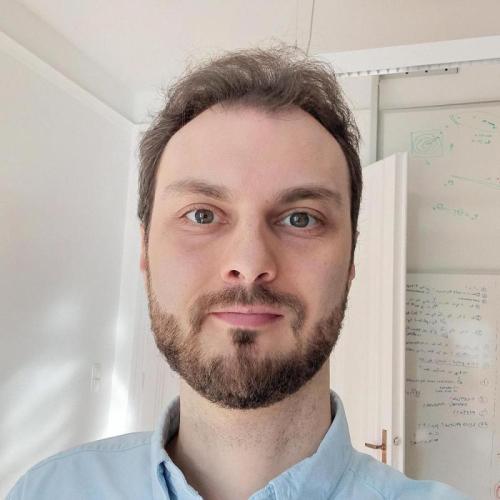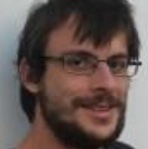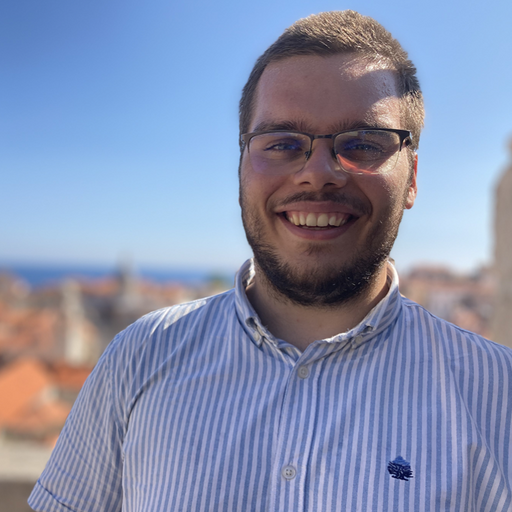The Team
The AI group at the institute brings together experts with backgrounds in both industry and academia. We place equal emphasis on theoretical foundations, thorough experimentation, and practical applications. Our close collaboration ensures a continuous exchange of knowledge between scientific research and applied projects.
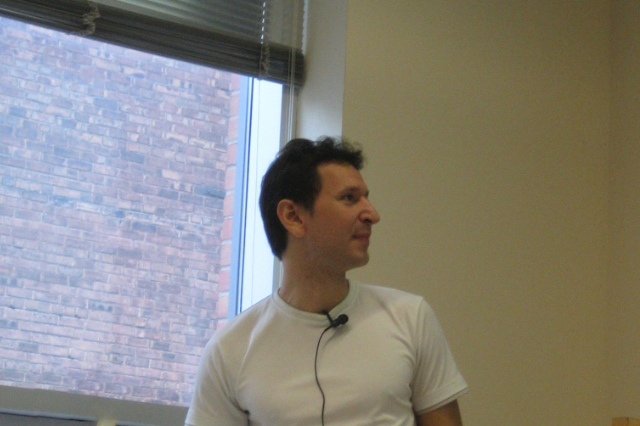
Balázs Szegedy
Mathematical Theory
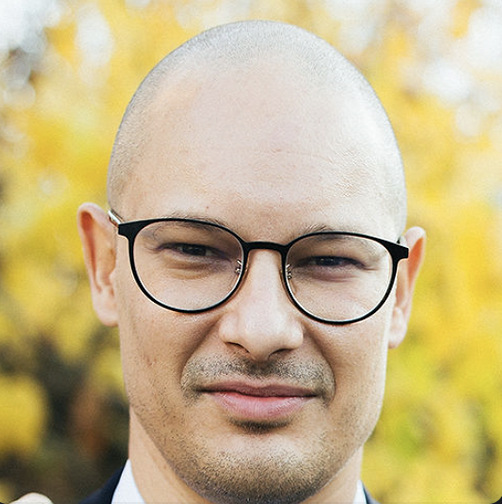
Attila Börcs, PhD
NLP, Modeling, MLOps

Adrián Csiszárik
Representation Learning, Foundations

Domonkos Czifra
NLP, Foundations

Péter Kőrösi-Szabó
Modeling

Gábor Kovács
NLP, Modeling

Judit Laki, MD PhD
Healthcare

Márton Muntag
Time Series, NLP, Modeling

Dávid Terjék
Generalization, Mathematical Theory

Dániel Varga
Foundations, Computer aided proofs

Pál Zsámboki
Reinforcement Learning, Geometric Deep Learning

Zsolt Zombori
Formal Reasoning
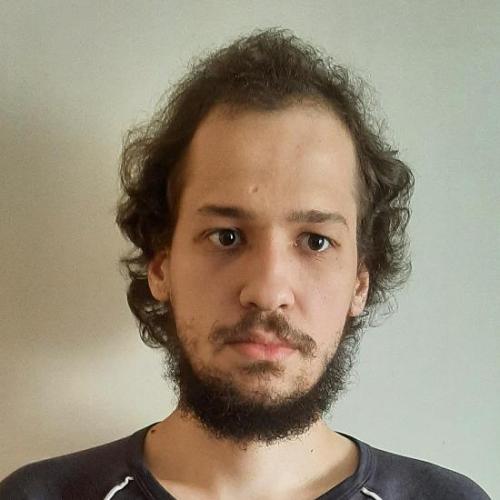
Péter Ágoston
Combinatory, Geometry

Beatrix Mária Benkő
Representation Learning

Diego González Sánchez
Generalization, Mathematical Theory
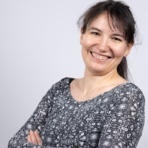
Melinda F. Kiss
Representation Learning

Ákos Matszangosz
Topology, Foundations



